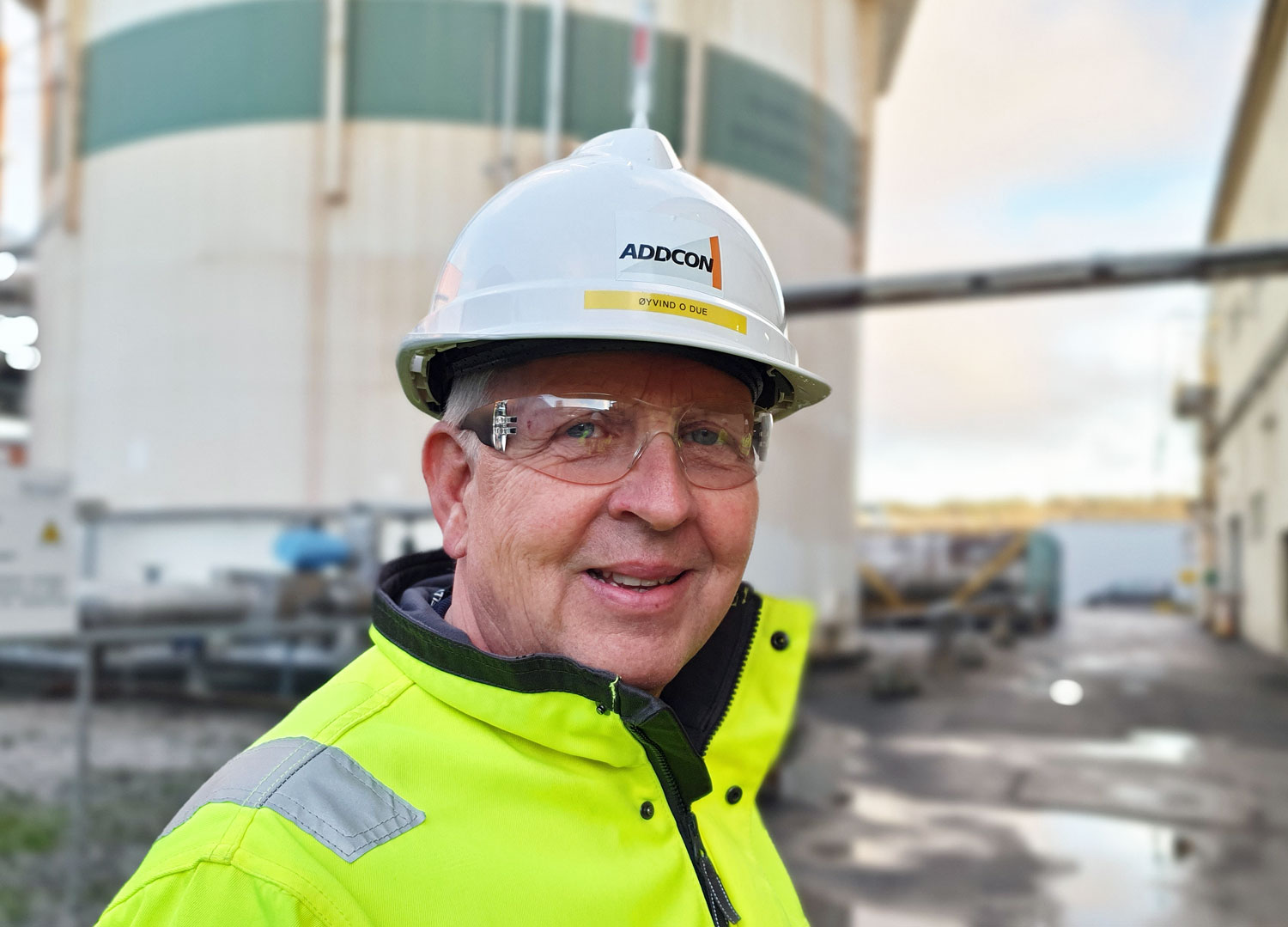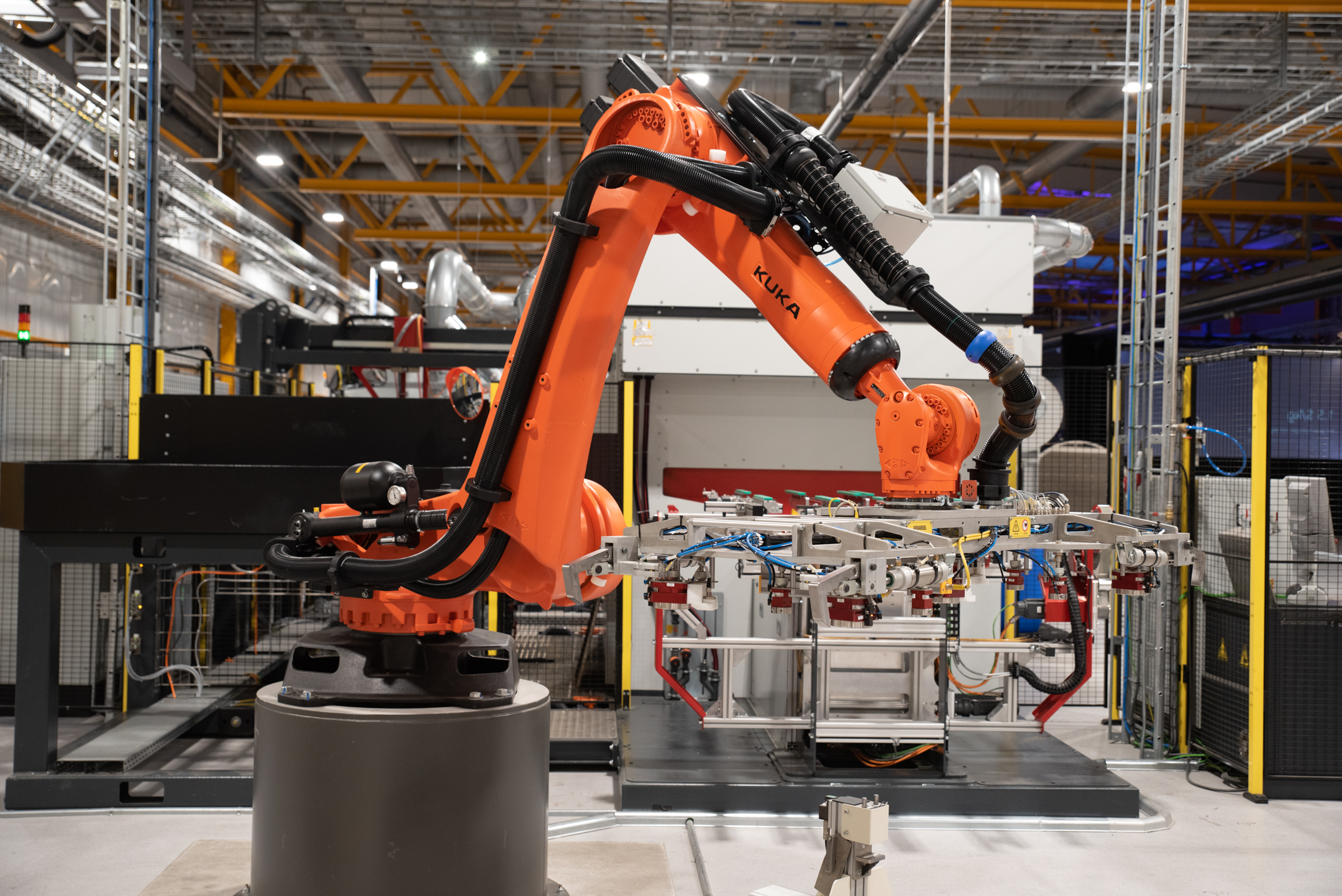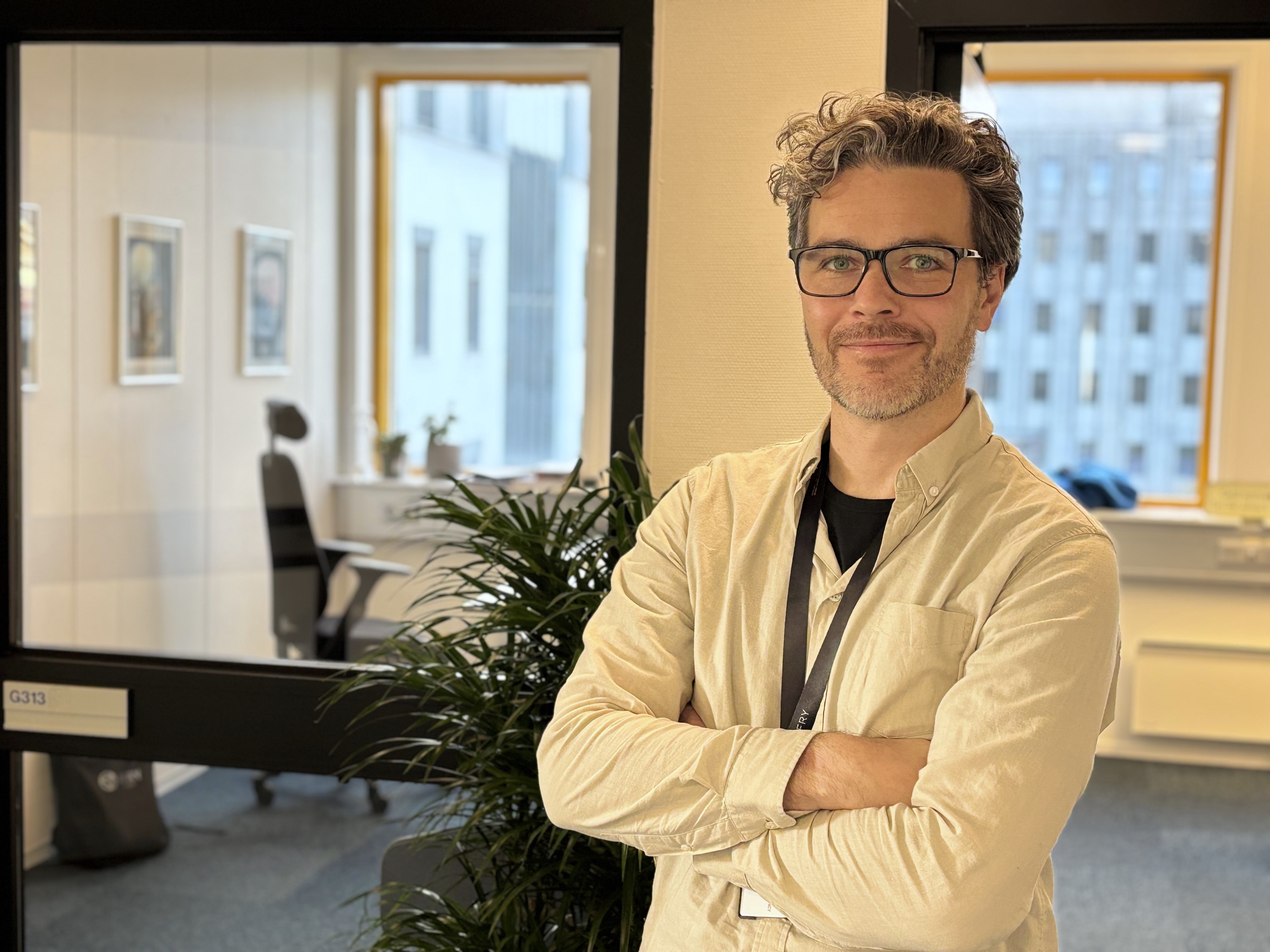Addcon produces ammonium bicarbonate at maximum capacity.
"We deliver ammonium bicarbonate, as in ammonium hygrogen carbonate (hartshorn), in big bags or on pallets to customers in Norway, the rest of Europe and other parts of the world. The product is used by bakeries and biscuit manufacturers and repacked for consumer use," says HSE and Quality Manager Øyvind Oskarsen Due.
Cakes and biscuits
Bicarb is used in hard cookies that are completely cooked through like christmas cake, and types of flat and crispy cakes such as gingerbread and biscuits. Much of this is baked the whole year but increases now with the Christmas celebration, which is a high season for cookies. "You could say that Addcon saves Christmas and seasonal baking," says Oskarsen Due.
"A lot of ammonia in the bicarbonate gives the strong smell. This evaporates during baking, and the smell disappears when the cake is finished baking."
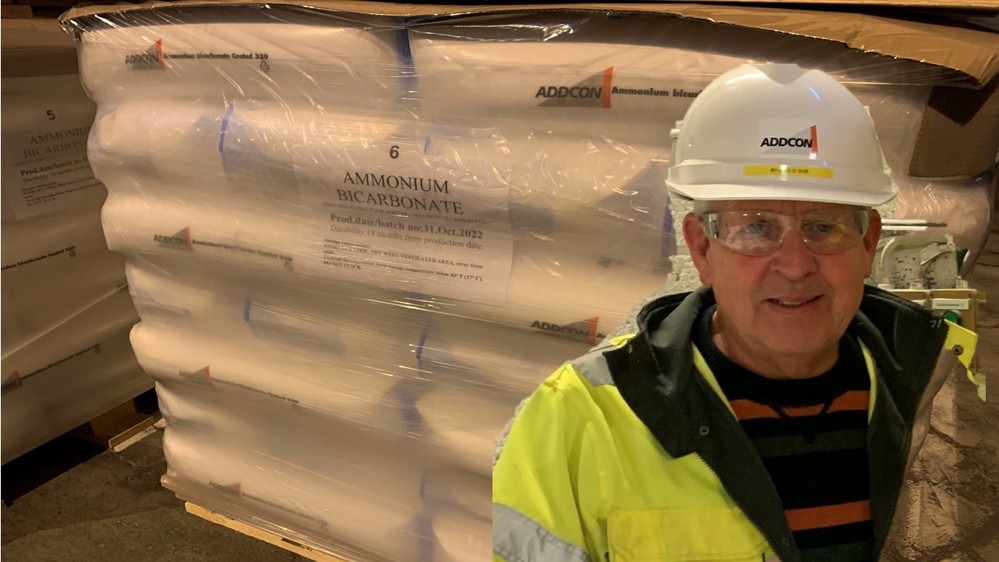
Multiple areas of use
The areas of use for bicarbonate can be more than baking. "Such as industries within leather, cosmetics, toothpaste and fire extinguishers," he emphasizes.
A true Herøya product
The bicarbonate is a true Herøya product. Production takes place in Addcon's premises in Building 85, and the raw materials CO2 and ammonia come from Yara's plants in the industrial park. The infrastructure at Herøya Industripark is an important competitive advantage for Addcon.
"We could sell more than 7,000 tonnes, but the capacity in the factory places limitations. We have increased capacity somewhat in the past year, now we are looking at a further increase for the coming year."
Certified quality
Bicarbonate from Addcon has a strong position with customers. Øyvind Oskarsen Due tells about a number of quality management systems, food safety certifications, Kosher, Halal, and environmental and quality seals like Nordic Swan and Blue Angel.
For some religions, it is important that all ingredients used in the food, and even the equipment in which it is produced, comply with their religious rules and requirements. Addcon has both Halal and Kosher certification, which entails annual audits. In November, both religious communities carried out audits of the production facilities.
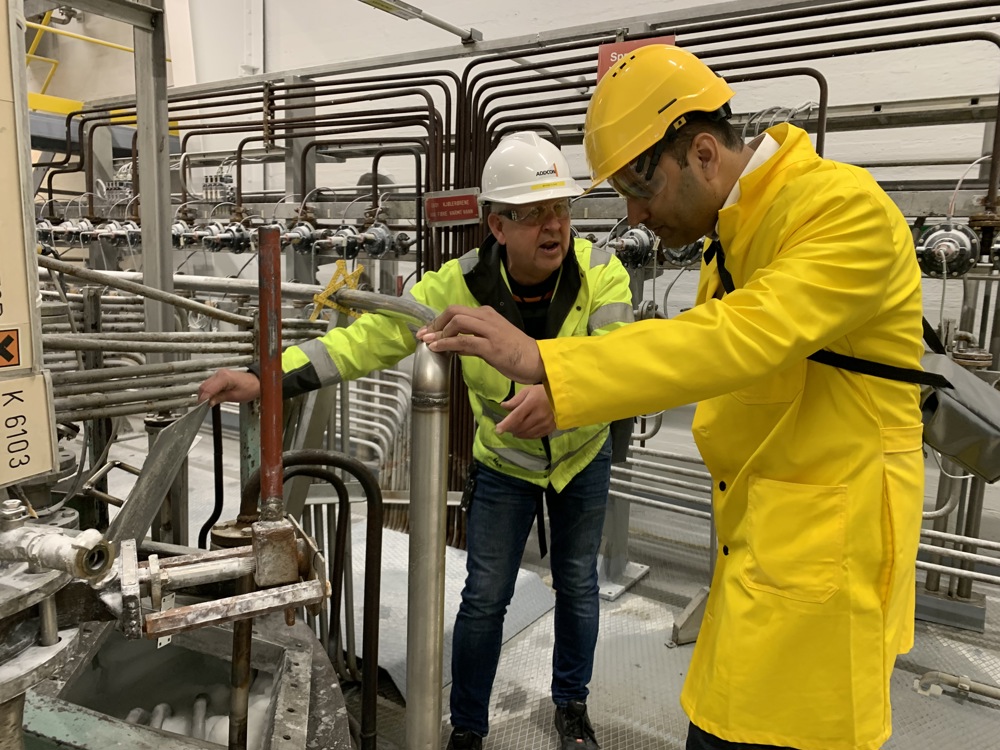
Late November, auditor from Det Mosaiske Trossamfund (Jewish community) in Oslo came for an audit. KOSHER auditor Amichai Davidovich was satisfied with the audit. "In the kashrut audit, we verified that the production facility operates according to the kashrut rules, and we had no comments," he said.
28. December 2022

